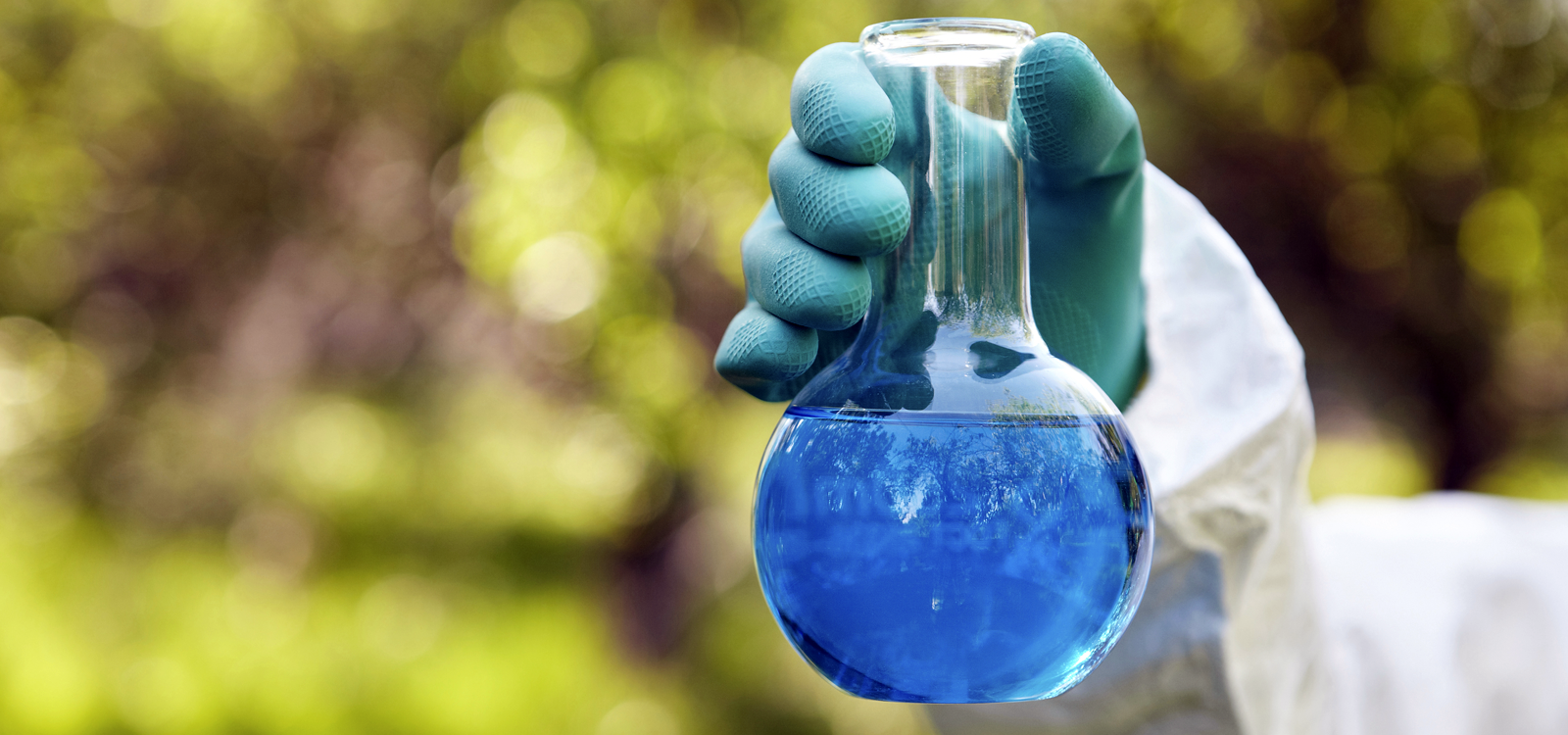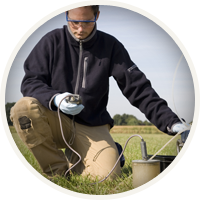
The air we breathe, the water we drink, the soil we use to grow crops—we need all of these things to survive, but unfortunately, they can make us sick if they become contaminated. That's why industrial ecologists, who usually work for scientists, look at the connection between the environment and people's health. A big part of their job is performing tests: They might take samples from lakes or rivers to check water quality, install sensors that measure how much pollution is coming from a smokestack, or check soil for contaminants following the cleanup of a chemical spill. Industrial ecologists are usually hired by the government or private firms, and receive lots of on-the-job training specific to their organization (though it helps to have majored in some kind of science, as well). These whizzes are also expected to write up their findings in reports and present them to their employers. As they gain more experience, they'll start to make recommendations for future actions: For example, they might lead an environmental study to see how well a location will work for a new building like a factory, or suggest ways an organization can reduce their levels of pollution.
The Details
If you choose this job, you'll go to bed each night knowing that you're helping to keep people healthier and the planet cleaner.
There are many different ways to clean up a chemical spill: Floating booms (long, inflatable tubes) are used for oil spills on water, adsorbents are solid materials that can absorb toxic substances, and compounds like hydrogen peroxide can break down chemicals.






